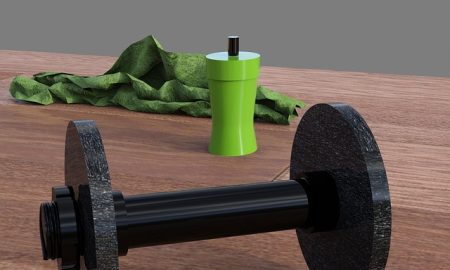
If you’ve ever wished you had a more defined jawline, jaw enhancement may be the right procedure for you. There are a number of jaw fillers on the market that can help give you the look you’ve always wanted. In this blog post, we will discuss the different types of jaw fillers available, as well as how to choose the right one for you. We’ll also talk about the risks and benefits associated with jawline enhancement procedures. So if you’re thinking about getting surgery to improve your appearance, keep reading!
What is jaw enhancement surgery and what are the benefits?
Jaw enhancement surgery is a type of facial plastic surgery that is used to improve the appearance of the jawline. The benefits of this surgery can include a more youthful appearance, a stronger jawline, and overall more defined facial features.
One of the most popular methods for performing jaw enhancement surgery is through the use of jaw fillers. They are a type of dermal filler that is specifically designed to improve the appearance of the jawline. They are made from a variety of different materials, including collagen, hyaluronic acid, and poly-L-lactic acid.
Jaw fillers are typically injected into the areas around the jawbone in order to improve its shape and definition.
What are the different types of jaw enhancement fillers available to you?
There are a few different types of jaw enhancement filters available to you. The most common one is hyaluronic acid filler, which is a type of temporary filler. This type of filler can last for up to six months and is often used to improve the appearance of the jawline.
Other types of fillers that can be used for jaw enhancement include calcium hydroxylapatite and poly-L-lactic acid. These are both permanent fillers, so they will provide longer-lasting results. However, they may also come with more risks and side effects than temporary fillers.
Just like other cometic procedures (like tattoo removal) it is ideal to consult trained professionals. Before choosing a type of filler for your jaw enhancement, consult with a board-certified plastic surgeon or other medical professionals to discuss which option is right for you. They will be able to assess your individual needs and recommend the best course of treatment.
What are the risks associated with jaw enhancement surgery?
Jaw enhancement surgery is a cosmetic procedure that is used to create a fuller, more defined jawline. As with any type of surgery, there are risks associated with the procedure, including infection, scarring, and swelling.
Another potential risk associated with jaw enhancement surgery is the use of jaw fillers. They are a type of cosmetic filler that is injected into the jawline to add volume and definition. However, as with any type of filler injection, there is a risk of adverse reactions, including swelling, bruising, and migration of the filler material.
What is the recovery time after jaw enhancement surgery?
The recovery time after jaw enhancement surgery can vary depending on the type of procedure that was performed. For example, if you had fillers injected into your jawline, the recovery time may be just a few days. However, if you had an implant placed, the recovery time may be several weeks. In either case, it is important to follow your surgeon’s instructions for care and activity level during the healing process. This will help ensure that you experience a smooth and successful recovery.
How to prepare for your jaw enhancement surgery procedure?
There is no one-size-fits-all answer to this question, as the best way to prepare for enhancement surgery will vary depending on the type of procedure being performed. However, in general, you will likely need to avoid eating and drinking anything for a certain amount of time before the surgery is scheduled to take place. You may also be asked to stop taking certain medications in the days leading up to your surgery.
It’s important to follow your surgeon’s instructions closely in the days leading up to your procedure. Failure to do so could increase your risk of complications.

















Follow Us